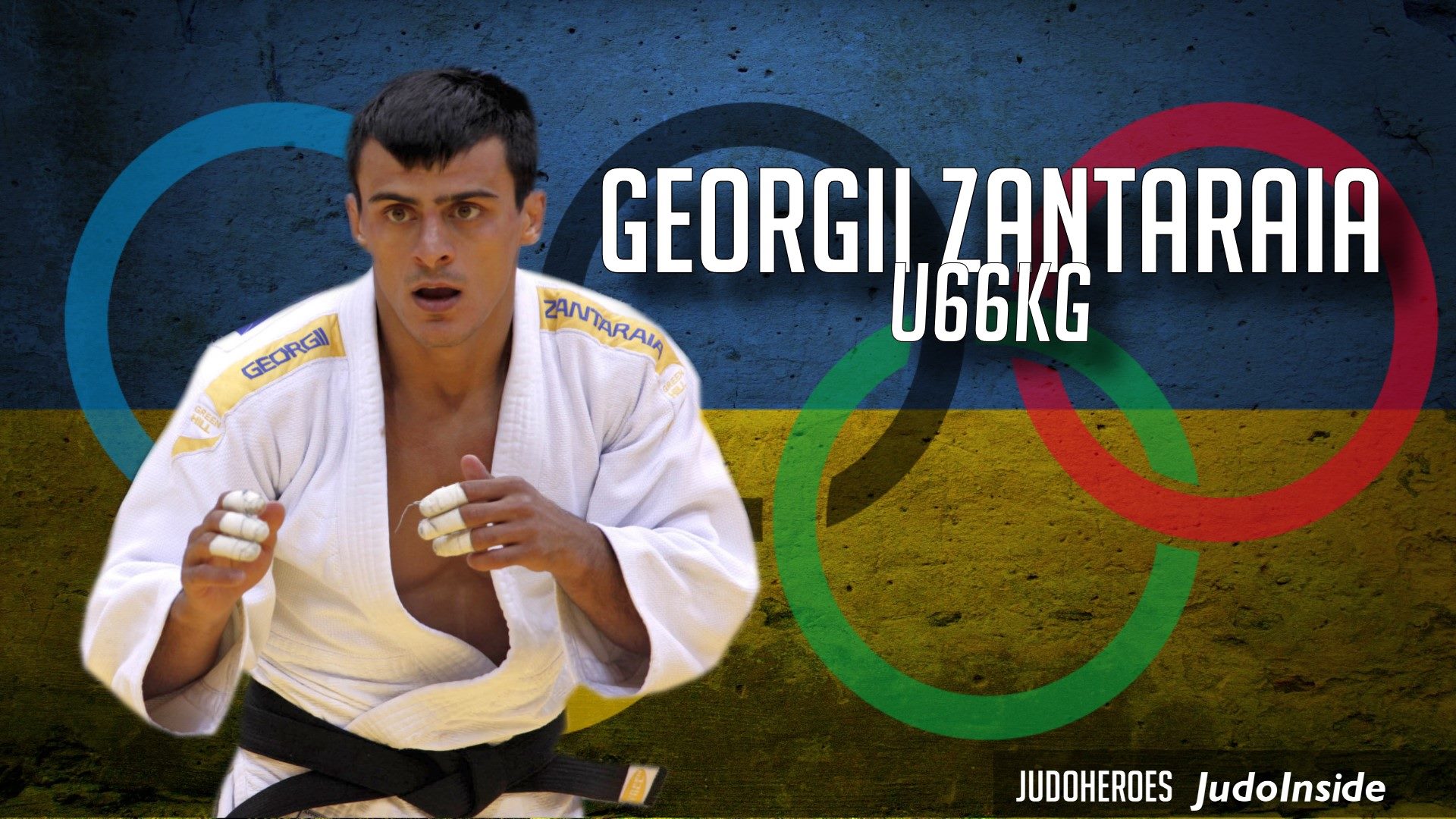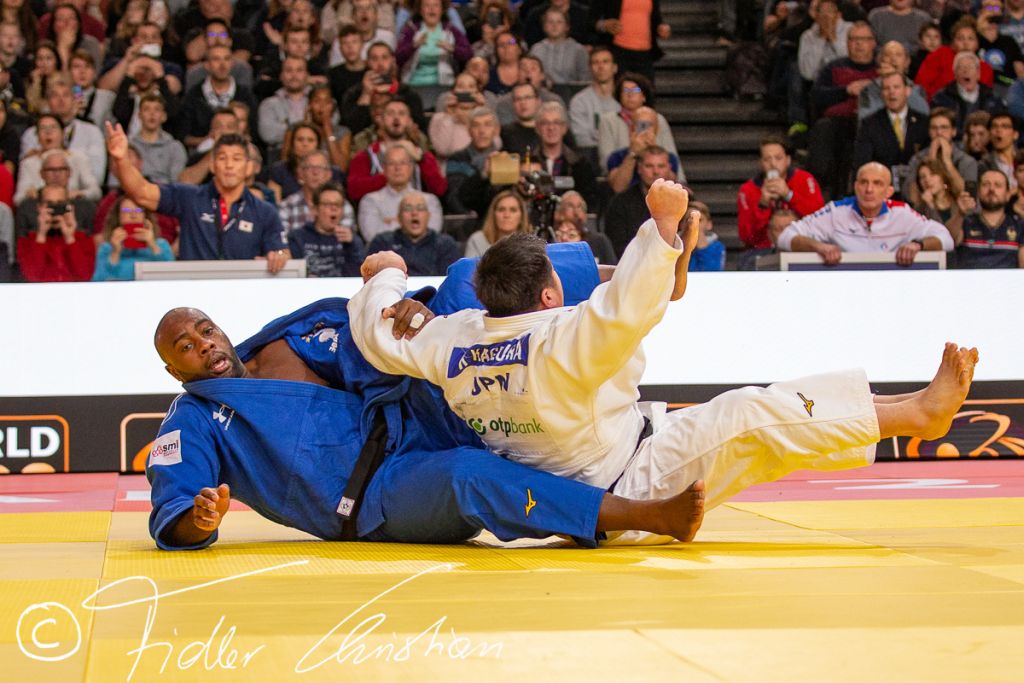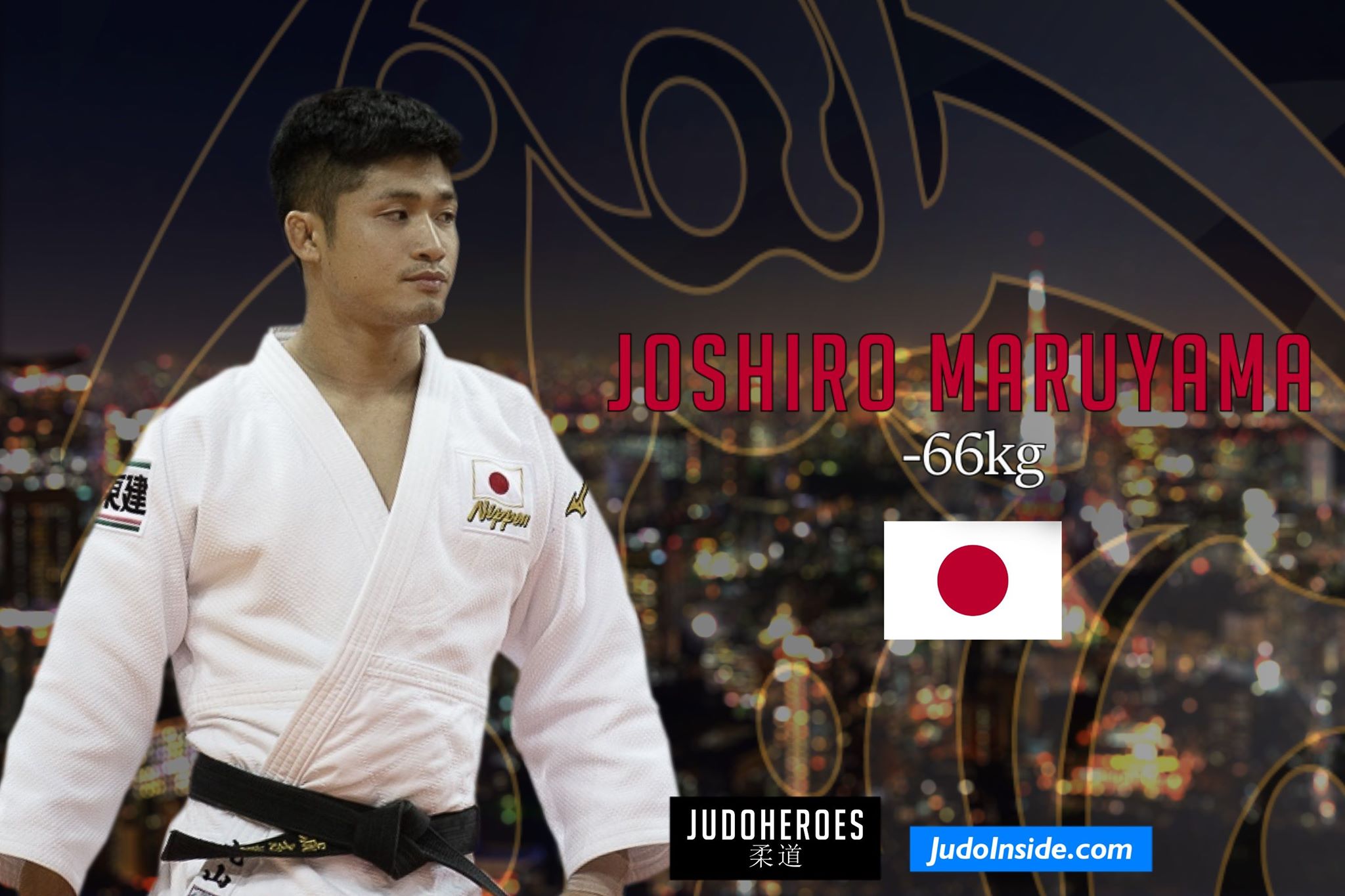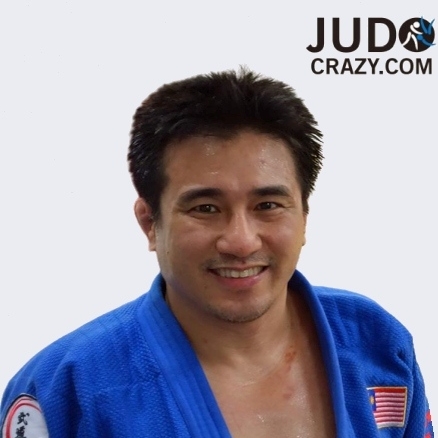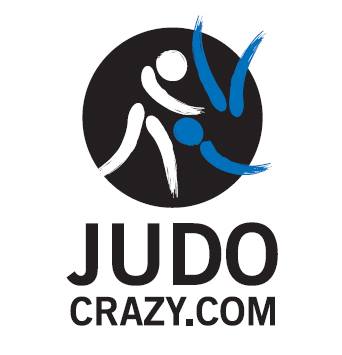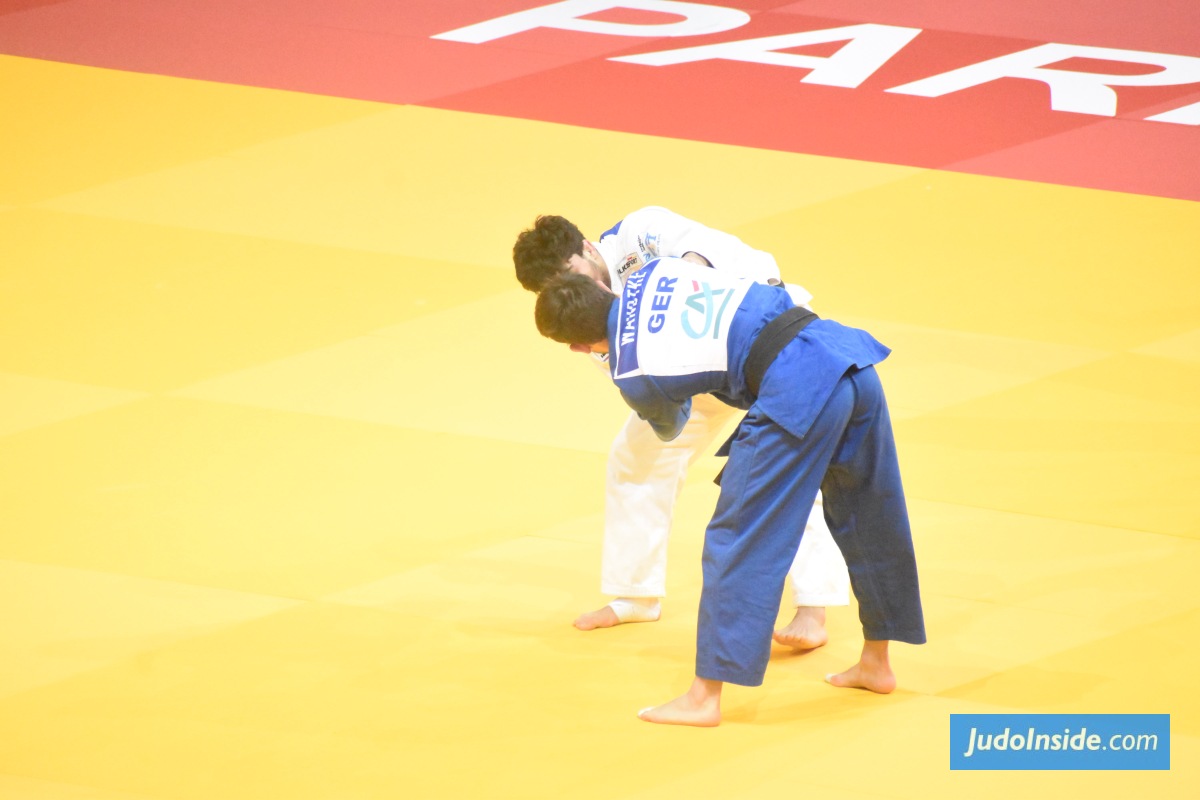Judo in the time of Covid-19: Giorgii Zantaraia
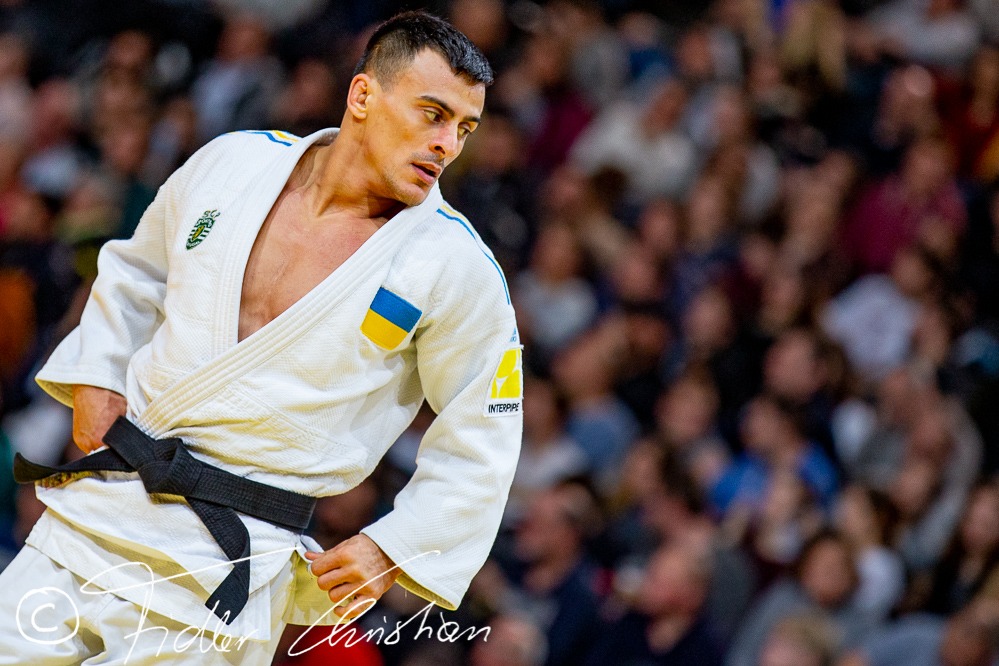
 21 Apr 2020 08:10
21 Apr 2020 08:10
 JudoCrazy by Oon Yeoh
JudoCrazy by Oon Yeoh
 Christian Fidler
Christian Fidler
Georgii Zantaraia is a exceptional judoka who won the world title U60kg in 2009 in Rotterdam. The Ukrainian phenomenon won 6 World Championships medals in a row (2009-2018) and took the European title in 2011 and 2018 and he captured European Games gold in Minsk. He stepped up to U66kg in 2012 and still kept performing and recently won a consecutive bronze medal at the Grand Slam in Paris. Only that one precious medal fails. Oon Yeoh of JudoCrazy didn’t have to ask him whether Zantaraia is still motivated.
JIC: I understand that you are ethnically Georgian. Were you born in Georgia or Ukraine?
GZ: I was born in Gali, Georgia. In 1993, when I was four years old, my family moved to Ukraine to escape the war between Georgians and Abkhazians.
JIC: How is the Covid-19 situation in Ukraine, right now?
GZ: It’s a difficult situation the world over, and Ukraine is no exception. It affects everyone. I just train at home.
JIC: Are you doing weight training?
GZ: Yes, I do weight training every day. Judo is more difficult to do because I don’t have anybody to train with except maybe my kids!
JIC: Is judo popular in Ukraine?
GZ: It’s not as popular as some other sports but under normal circumstances I do have enough training partners. But now, because of the Covid-19 situation, I have none.
JIC: In Ukraine do all the top judo athletes train together in a national training centre?
GZ: No, players train at their own dojos.
JIC: Your throws are very unique and dynamic — for example, your hugging kosoto-gake is very special. Many people assume you have done other forms of combat sports like wrestling or Sambo. Do you train in other wrestling styles?
GZ: Many people think that but I train only judo. Nothing else. If my judo is a little bit different it’s because I spend a lot of time training and I like to improvise. Like everyone else I learned all the basic techniques but along the way I invented some new ways of doing them.
JIC: You have recently shown some strong newaza in competition. Have you been focusing more on newaza lately?
GZ: I wouldn’t say I have been focusing on newaza. I’ve just been training hard in both tachi-waza and newaza. When I have the chance to win in newaza, I will take it.
JIC: You are famous for being able to flip out of throws and landing on your front. Is that something you trained for?
GZ: No, I think it's just genetics. It’s a natural reaction that I have when people try to throw me. I’m able to do it because I train a lot. I’m doing all kinds of training and, in the process, I discover a lot of ways to throw and escape throws. Without hard training, I would not be able to do any of these things.
JIC: Do you also watch a lot of videos to study your opponent’s judo?
GZ: No, I don’t study my opponents. I have a coach who does that. He helps me with strategy on how to fight specific opponents. He helps me with everything.
JIC: When you look at judo players’ records on JudoInside, some have over 200 matches and a few have over 300 matches. But you have 421 matches and counting. Do you ever feel tired or worn out from competition?
GZ: I don’t have the luxury of feeling tired. My greatest wish is to get an Olympic medal. After that I can rest.
JIC: With all your experience, do you still feel nervous before a fight?
GZ: Of course, I feel nervous. There are many good players out there. But I’m also confident about my abilities. Just not over-confident.
JIC: What are your thoughts to the Olympics being postponed until next year?
GZ: I try to look at it positively. It means I have an extra year to train. It also means my retirement will be postponed by at least a year!
JIC: Although you have done remarkably well in the World Championships (one gold, one silver, and four bronzes), at both the 2012 and 2016 Olympics, you bowed out after your first match. Was it just bad luck or did you peak at the wrong time, perhaps?
GZ: I don’t know what to say about that. Perhaps it’s because I wanted to win so much that I ended up losing. I really don’t know.
JIC: You are 32 years old and will be 33 next year. Will this be your last Olympics and how important is winning an Olympic medal to you?
GZ: Yes, this will be my last. After that I will retire. Winning an Olympic medal is my only goal right now. I have medals from all other competitions. It’s only the Olympics that I don’t have.
JIC: Does that mean winning a second world title is not that important to you?
GZ: It’s important to go for gold in every competition, so of course I would like to get a second world title. But my priority is the Olympics.
JIC: Have you given some thought about what you will do after retirement?
GZ: I don’t want to think about that right now. I’m not thinking of anything other than my Olympic goals.
JIC: Any words to other judokas who are in lock-down as well?
GZ: Stay at home, be safe and everything will be fine. This is just temporary.
Are you JUDOCRAZY? The become a JudoCrazy Patron and read all their stories here
 like
like
 share
share
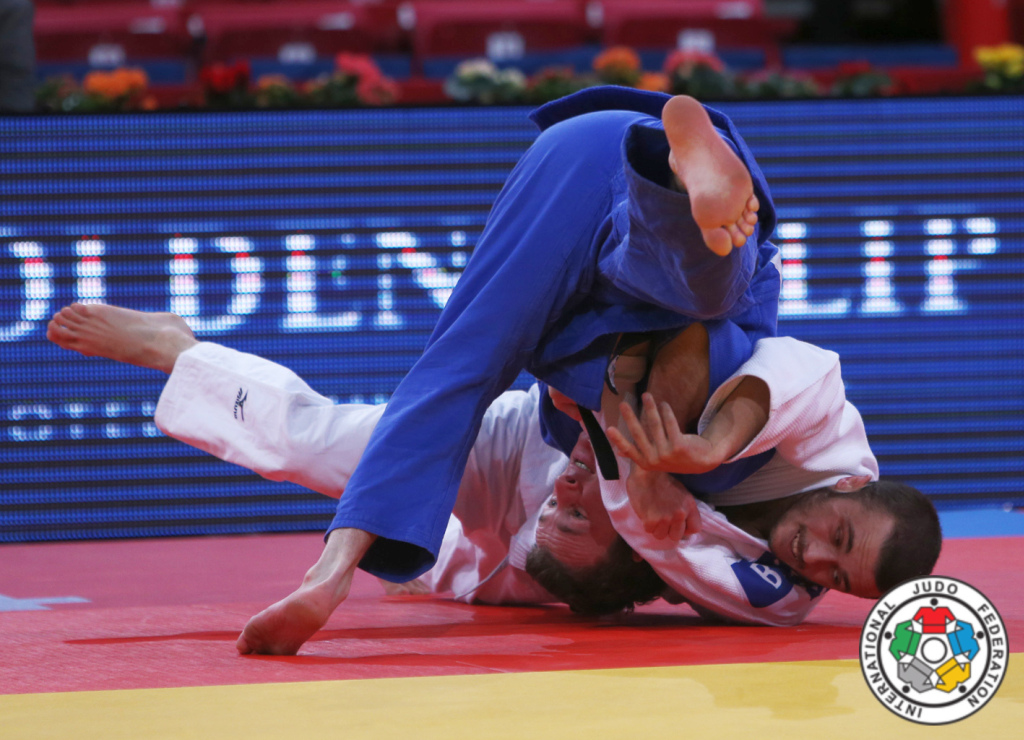
| Result | City | Date |
|---|---|---|
| 2 | Paris | 30 Jul |
| 1 | Abu Dhabi | 21 May |
| 1 | Zagreb | 26 Apr |
| 3 | Belgrade | 2023 |
| 2 | Montpellier | 2023 |
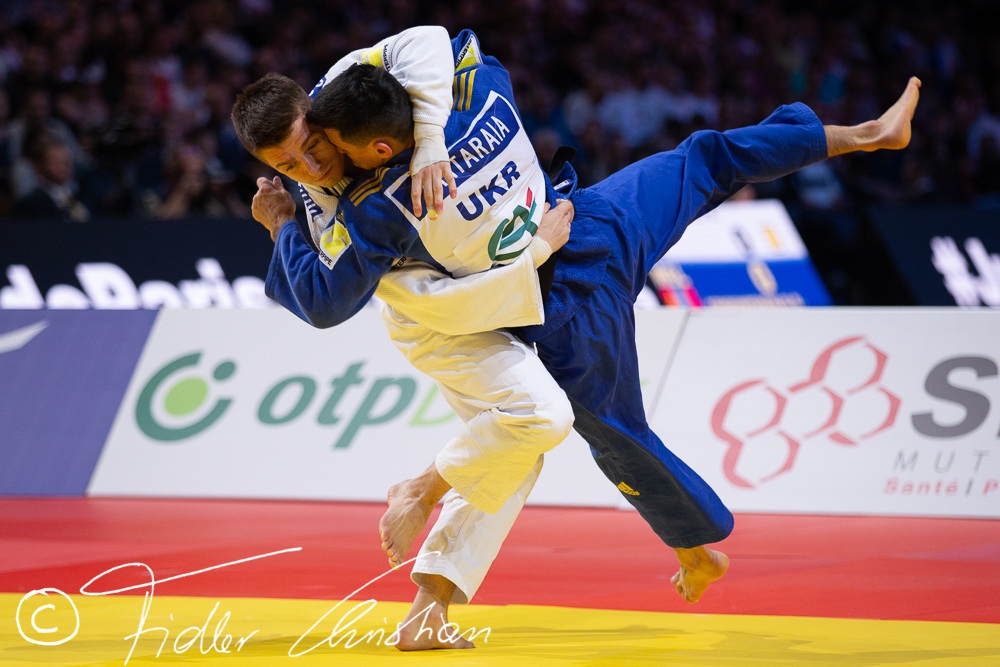
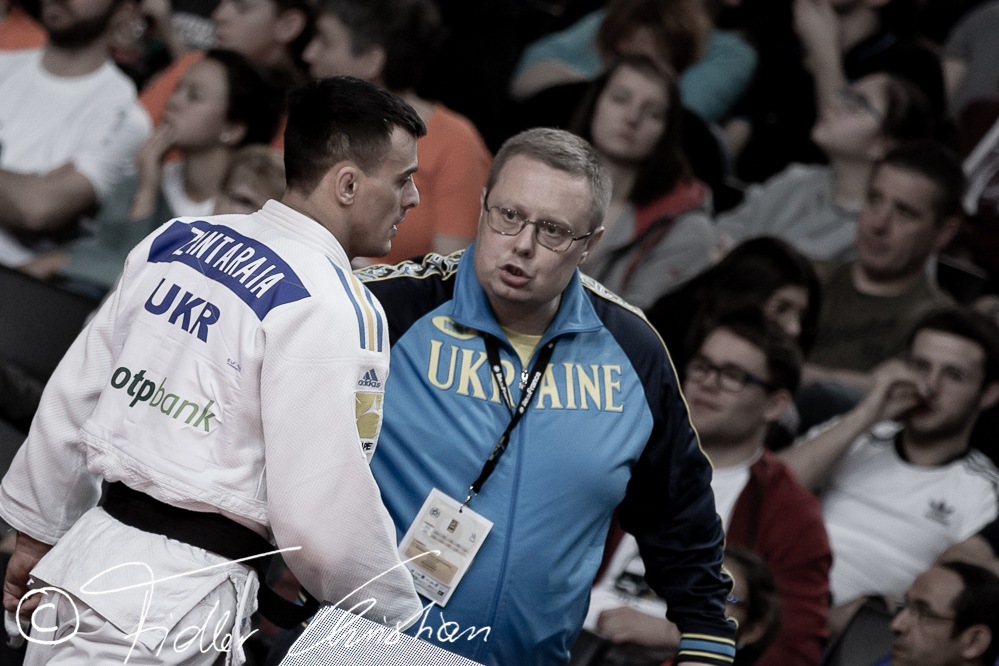





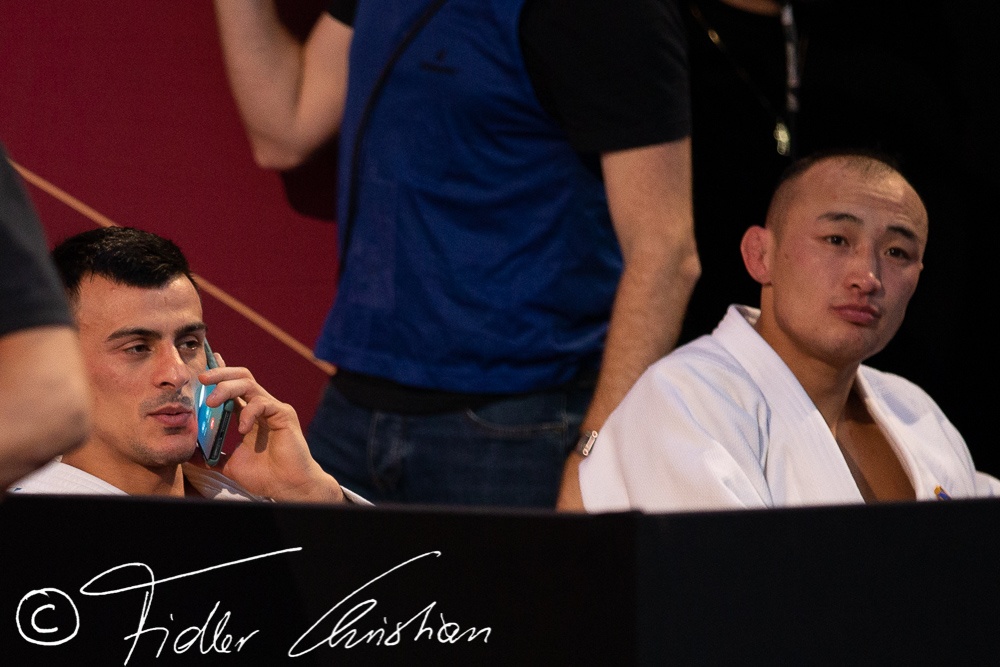
.jpg)
